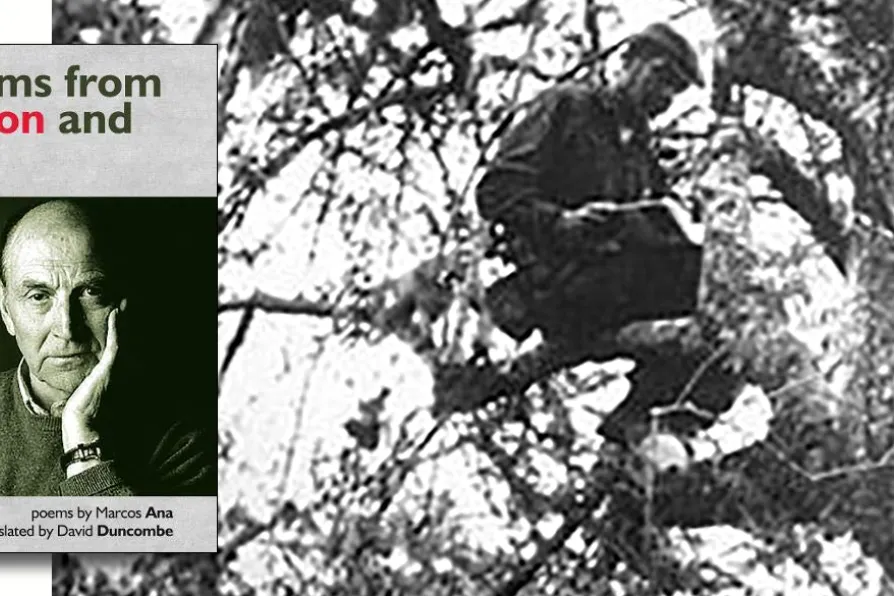SIMON PARSONS applauds an artist who rescues and rehumanises stories of women, the victims of violence, from a feminist perspective

 ANA FAN: Che Guevara in his Bolivian 'tree library'
ANA FAN: Che Guevara in his Bolivian 'tree library'
THE SPANISH communist poet Marcos Ana (1920-2016) was Spain’s longest-serving political prisoner. Captured by Italian troops at the end of the civil war, he spent the next 23 years in Franco’s prisons, often in solitary confinement.
In prison Ana started writing poems, which were smuggled out and published as Poemas desde la Carcel (Poems from Prison, 1960). They were written “...in the depth of night, by the poor light of a peculiar lamp, assembled from an old inkwell, a little alcohol that I smuggled from the sick bay and a wick plaited from the lace of an espadrille.
“Afterwards when eyes and keys were waking up, I would hide my words in a shoe and while walking in the prison yard, on a circular path that led nowhere, I would memorise the poems, giving them form and harmony.”

A ghost story by Mexican Ave Barrera, a Surrealist poetry collection by Peruvian Cesar Moro, and a manifesto-poem on women’s labour and capitalist havoc by Peruvian Valeria Roman Marroquin

RON JACOBS welcomes the translation into English of an angry cry from the place they call the periphery












